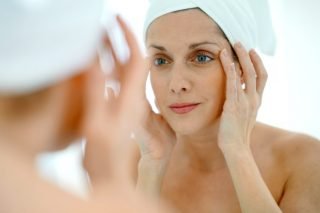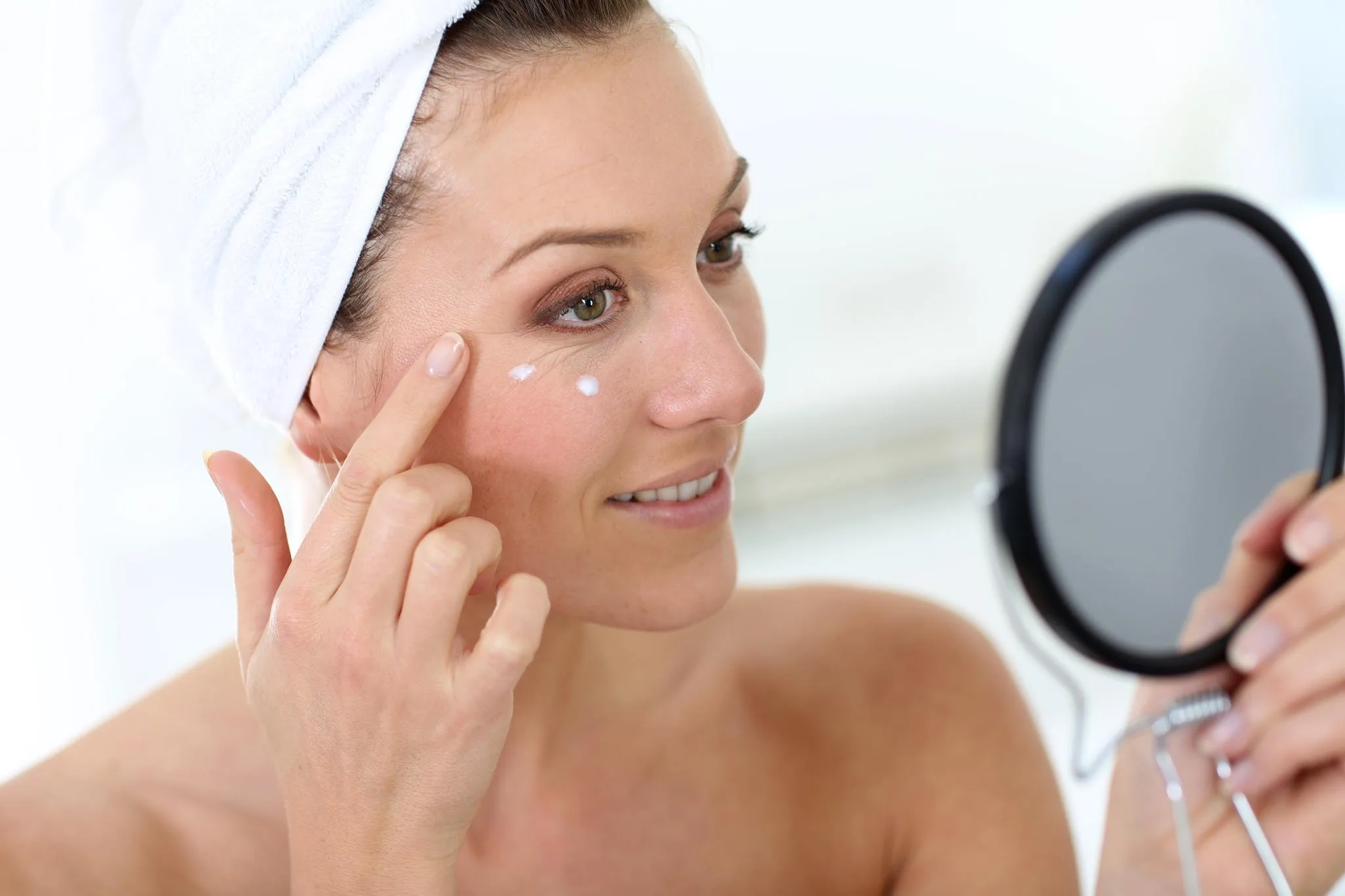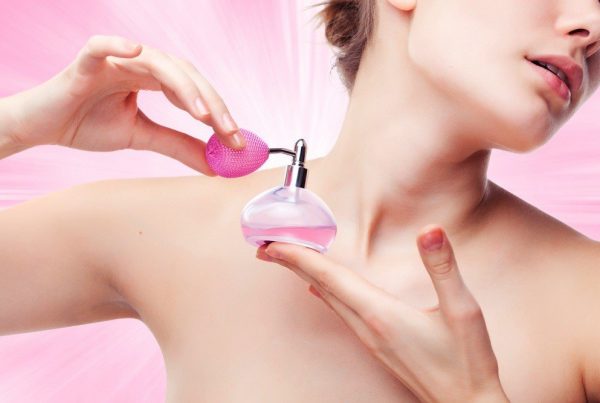What’s the largest organ in the human body? The heart? Perhaps the kidney? Nope, think again. The largest organ in the human body is the skin. In fact, the average adult human skin spans 21 square miles and contains 11 miles of blood vessels. To put it in perspective, that’s twice the height of Mt. Everest. No wonder skincare is such a booming economy!
Besides fascinating fun facts, your skin plays a crucial role in ensuring your optimum health. It provides proper regulation of body temperature and acts as a defense mechanism against invaders such as toxins and allergens. While skin plays a significant role in protecting the body, it is also the most vulnerable organ. There are at least 3,000 documented skin disorders. It is for this reason that taking care of your skin isn’t a luxury – it’s a necessity.
A google search on “good skincare” will reveal an almost dizzying variety of tips and tricks. Cutting through the clutter and finding what works for you can be frustrating. That’s why we’ll make it easy for you. Let’s do a deep dive into the proven steps to proper skincare. Before that, however, let’s conduct a “mind surgery.”
Effective Skincare Is Possible
For a good number of people, healthy and glowing skin is only a daydream or a reserve of pop stars and celebrities. Others consign themselves to the notion that nature’s genetic lottery hasn’t been too kind to them. Nothing could be further from the truth. No matter the type of skin you have, good skincare can make it look better and healthier. 
Of course, you may not glow like your favorite celebrity or model, but you’d certainly look better than when you started. All it takes is consistency, dedication, and patience. Don’t expect to see results right off the bat. Just like any organ in the body, the skin needs time to demonstrate results. One of the most common reasons people don’t give extra attention to their skin is because they think their efforts won’t make a difference. Breaking this barrier is the first step to achieving good skincare. Here are other proven steps to making your skin glow.
Know Your Skin Type
Any dermatologist worth their salt would tell you that skincare is not a one-size-fits-all solution. What works for one skin type may not necessarily work for another. Many factors play a role in determining how the skin looks. These factors include age, skin disorders, and DNA, amongst others.
One of the key factors is the type of skin in question. It’s vital you know your skin type as it would have far-reaching effects on what products and procedures you can use. Some estimates peg the number at seven or even more, but there are at least five different skin types. Let’s examine what each of these skin types entails.
Dry Skin
This type of skin lacks oil. It is usually flaky and often gets cracked. It’s not what you would call an ideal skin. Its pores are typically small with visible lines and it hardly stretches out. This skin type is likely to sport some red patches.
Oily Skin
Oily skin features a greasy and shiny appearance. Oil glands naturally produce oil on the surface of every skin. With oily skin, the glands go into overdrive secreting more than necessary. This skin type usually has large pores and is prone to breakouts, particularly acne breakouts.
 Normal Skin
Normal Skin
Normal skin straddles the line between dry and oily skin. It has little or no blots. Its sensitivity is just right, and it’s pores are almost invisible. It can handle most irritations without breaking out. Some people refer to normal skin as “healthy skin,” and it is considered the most desirable skin type.
Sensitive Skin
Sensitive skin is one that typically overreacts to almost anything. You can develop this skin if you over-scrub or do not take care of your original skin type. One of the skin types that can quickly morph into a sensitive one is the dry skin. Sensitive skin is prone to skin diseases such as acne or contact dermatitis. If you have this skin type, be sure to avoid triggers that may cause irritation or inflammation. Some of these triggers include alcohol, stress, and even smoking.
Combination Skin
As the name suggests, combination skin is a mixture of different skin types. In other words, one person can have varied skin types in different places. One part may be dry while another may be oily, particularly the T-region. It means you’ll need a combination of solutions to keep the skin healthy and moisturized. You can read this article to find out more about skin types and how to take care of them.
Cleansing
Proper skin cleansing is fundamentally about removing any material that clogs the pores of the skin. Substances like dirt, dead skin cells, and makeup can clog the surface, but a good cleansing regime helps the skin breathe. In a general sense, bathing is the way to cleanse your skin. You must bathe or shower at least once or preferably twice a day to keep your skin moist and refreshed.
The first place most people look at when they meet you is your face. So, your cleanup should start from there, and your face should always feature prominently in any cleansing routine. But how hard could it be? Doesn’t it just involve splashing some water over the skin and scrubbing a bit? Well, not quite. There’s more to facial cleansing. Here are a few helpful tips to follow:
- Start by deciding to cleanse your face at least once a day. Most dermatologists recommend washing it twice. During the day, substances like oils, sweat, and even saliva from sleeping accumulate on the skin. Ignoring these substances could result in inflammation and acne outbreaks. If you use beauty or skincare substances on your face overnight, a thorough morning cleansing is a must.

- Secondly, you should ensure that you use water at just the right temperature. Extreme temperatures, both hot and cold, do not augur well for the skin. At extreme temperatures, water can damage skin cells and blood vessels.
- Additionally, make sure that you use a facial cleanser that works well with your skin type. Also, take into account any skin disease or disorder that might affect your choice of cleanser. This article discusses which cleansers work best for your type of skin.
Drink Plenty of Water
It is for good reason that medical personnel often prescribe water as the first response to many diseases. In fact, medical practitioners regard water as the best medicine. It has several benefits to the body, and listed below are some of them.
Stronger Immune System
If you’re a water addict, your immune system will benefit greatly. Your immune system is essentially your body’s defense against diseases and toxins. Without a healthy immune system, you’re vulnerable to many diseases, and your skin will suffer for it. Earlier, we mentioned that there are at least 3000 diseases associated with the skin. A robust immune system is a surefire way to ward off all intruders.
Better Skin Complexion
 No one needs to tell you when you stand before a glowing skin. When it isn’t glowing, everyone will know. Your skin will betray you if you’re not taking in enough water: it will be cracked, flaky scaly, and dry. On the other hand, the skin surface of a person who drinks enough water is likely to be soft and supple.
No one needs to tell you when you stand before a glowing skin. When it isn’t glowing, everyone will know. Your skin will betray you if you’re not taking in enough water: it will be cracked, flaky scaly, and dry. On the other hand, the skin surface of a person who drinks enough water is likely to be soft and supple.
Weight Loss
Studies show that taking in water has a direct bearing on weight loss. If you’re overweight, your body is likely to suffer stretch and strain. Maintaining a healthy weight is key to ensuring healthy skin, and gulping down glasses of water is a natural and safe way to shed the extra pounds.
Helps Remove Waste and Toxins
Imagine your stool without water. How about urination? How would you even sweat without water? Hard to imagine, isn’t it? That’s because water is such an essential part of our body’s processes. Additionally, guzzling on water helps the skin maintain a stable temperature, a process known as homeostasis. All these benefits of drinking water ultimately have far-reaching effects on the skin. In addition to drinking water, eat foods that can help you stay hydrated.
Collagen Supplements
It’s no surprise that some have labeled collagen supplements as the “fountain of youth.” To understand the reason for that statement, you’d need to appreciate what collagen is. Collagen is the body’s most abundant protein. It makes up 75% of the average adult’s dry skin mass.
Others refer to collagen as the scaffolding of the skin. It ensures the integrity of the body’s tissues, bones, and tendons, and it plays a vital role in promoting skin health. As the body ages, it supplies less and less collagen. By the age of 30, the body’s collagen supply begins to decrease. This situation creates a deficit that needs addressing. Thankfully, there are supplements like collagen peptides that are an excellent resource to help you gain and maintain a glowing skin.
Hydrate Your Skin
Whether you have oily, healthy, sensitive, or dry skin, you have to keep your skin hydrated. As mentioned earlier, water helps to moisturize the skin. However, it is not the only moisturizer for your skin. Look for moisturizer products with a hyaluronic acid-base. The acid is known to have an excellent hydrating ability. You can also opt for a humidifier. Such products help keep the air and atmosphere humid, thereby keeping your skin moist.
Consult a Dermatologist
As much as you’d want to take the first steps to get good skin by yourself, a dermatologist brings so much more to the table. These skin doctors are trained over several years to know how to preserve and take care of any skin type. Look for one who is trained, appropriately licensed, and can make time for you. If you’re looking for cosmetic solutions, you can go to a specialist cosmetic dermatologist. They’d examine your skin and make treatment recommendations for you.
Summary
Even if you don’t want to have skin that gets the glares and the stares, you wouldn’t want any skin disorder disturbing your skin. To understand how to take care of your skin, you’d need to understand the complicated nature of the skin. Know your skin type so you can use the right remedies. Clean your skin regularly through bathing and facial cleansing to keep your youthful glow. Drinking lots of water is a fool-proof strategy for gaining good skin health.
Additionally, collagen supplements have a way of shoring up your skin and keeping it youthful. However, don’t forget to consult your dermatologist for expert opinion and advice. Take advantage of all of the steps listed in this article to give your skin a worthwhile treat.



 Normal Skin
Normal Skin
![women [longevity live]](https://longevitylive.com/wp-content/uploads/2020/01/photo-of-women-walking-down-the-street-1116984-100x100.jpg)










